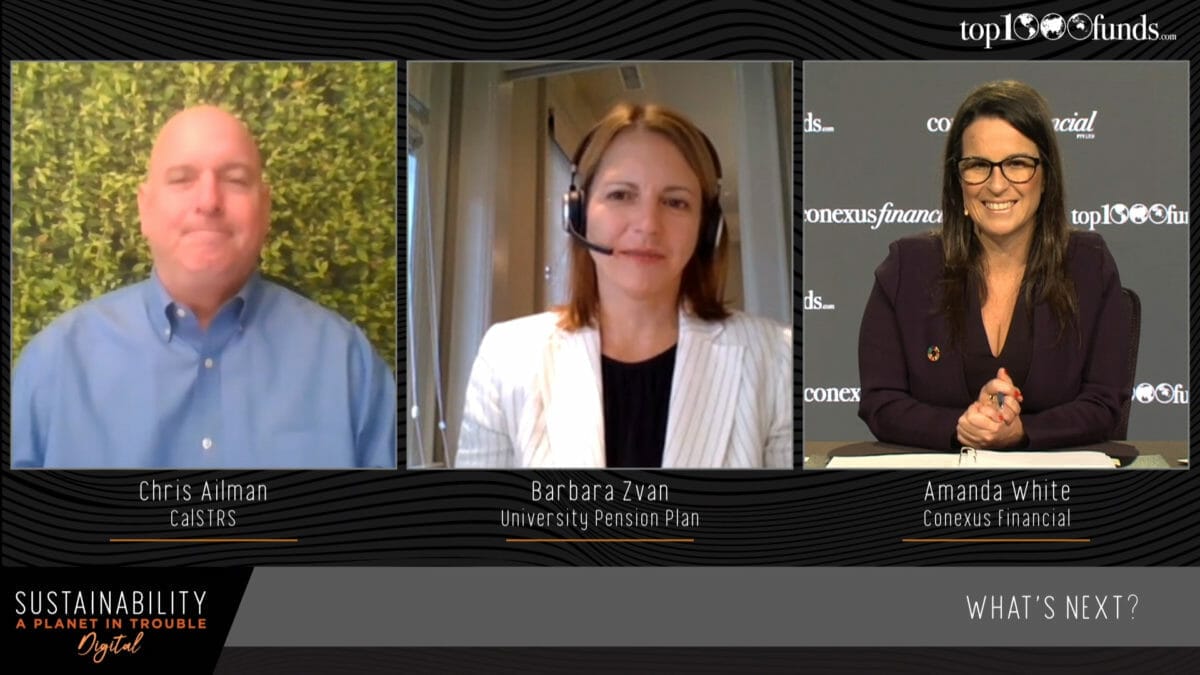This first report by the California Public Employees’ Retirement System (CalPERS) responds to the recommendations of the Taskforce on Climate-Related Financial Disclosure (TCFD). CalPERS has been an active supporter of the TCFD’s work from the outset.
At the time this report is being published, the world is facing a global humanitarian tragedy and severe economic uncertainty as governments, business, finance and civil society respond to COVID 19. The pandemic has demonstrated with brutal clarity that tackling a systemic risk requires international cooperation between the public and private sector, driven by innovation at pace and scale. The lessons are evident: we need vision, partnership, and a relentless pursuit of scientific evidence to drive decision-making.
CalPERS’ motivation to address climate change is to ensure that we can provide benefits in retirement, disability and illness for our nearly 2 million members, people who come from all walks of life. CalPERS makes annual benefit payments of approximately $25 billion. For every dollar paid out, 58 cents come from investment returns. With a pre-crisis funding ratio of just over 70% and a target rate of return of 7%, we must seize the opportunities and control for the risks climate change presents to our portfolio.
Scientific evidence demonstrates that reducing greenhouse gas (GHG) emissions is critical to slowing global warming and driving sustainable economic growth. Physical impacts pose short and long-term risks to our members’ assets. These risks include rising sea levels, floods, severe storms, drought, and wildfires. Dramatic changes to the global energy economy, particularly as the world recovers from COVID-19, also pose transition risk as companies are challenged to adopt new strategies, without leaving their investors holding stranded assets, or in extreme cases, bankruptcy. In addition, companies are increasingly vulnerable to litigation. Climate change is a global challenge and one we cannot afford to ignore as long term investors, with inviolable fiduciary duty to our members. The consequences of inaction will be measured not just in the impact on workers and communities, but also on the companies we rely upon to generate the investments that pay benefits. The United States government’s own fourth National Climate Assessment notes the impending financial impact:
“The impacts of climate change beyond our borders are expected to increasingly affect our trade and economy, including import and export prices and US businesses with overseas operations and supply chains.”
Click here to read the full report




